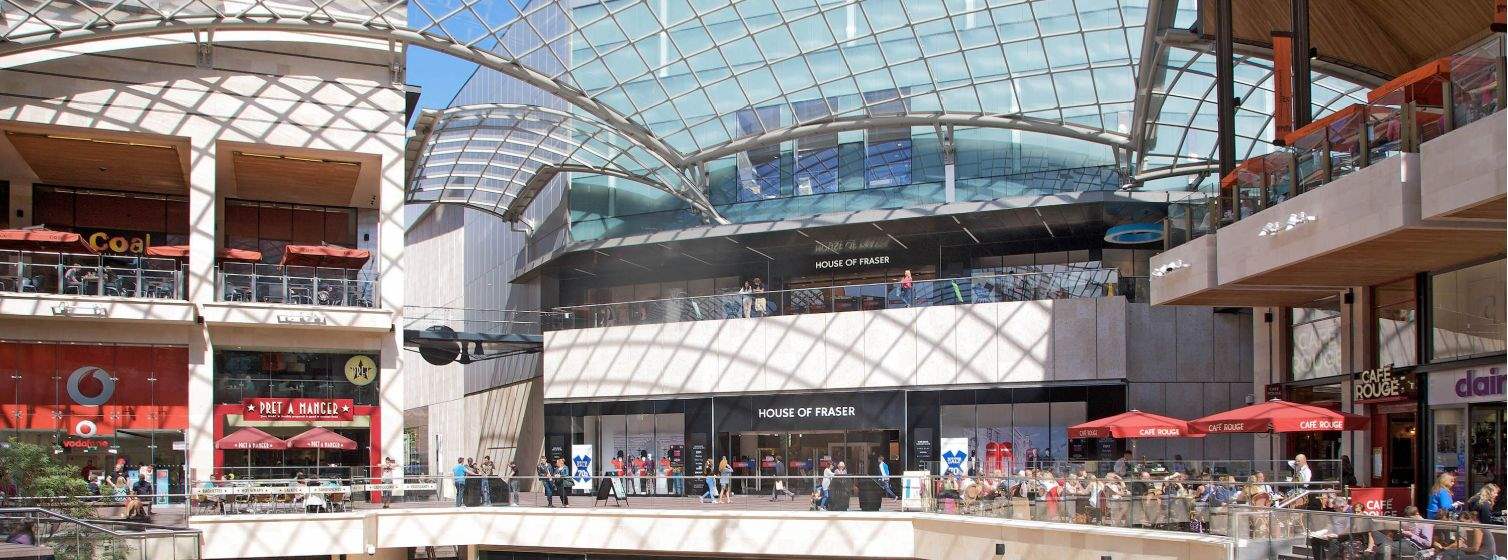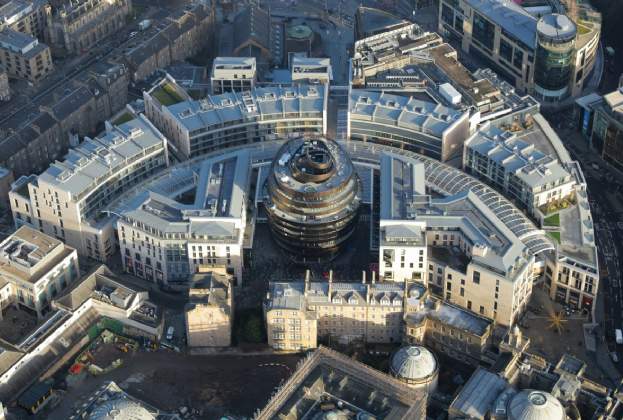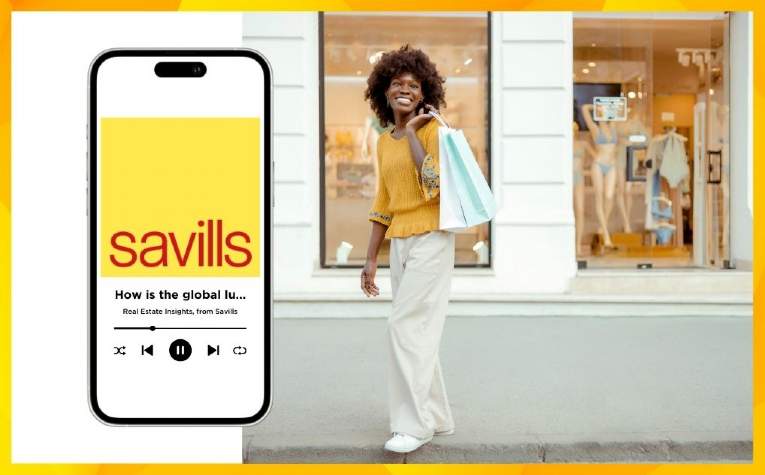Retailing and leisure in Bristol has evolved significantly in the 20 years since the opening of The Mall at Cribbs Causeway. This dominant out-of-town regional shopping mall introduced new brands to the South West while also relocating many, including John Lewis & Partners, outside the city’s traditional retailing pitch.
Fast forward a decade and The Bristol Alliance opened Cabot Circus and Quakers Friars to address a lack of mid-to-aspirational retailing in the city. New brands including Hollister and Urban Outfitters sat adjacent to Body Shop and Next, relocating from the historic 'prime' pitches of Broadmead, The Galleries and Park Street.
How does the occupational market respond to these significant influxes of new space? The answer is through a cascade effect. Each successive flood of new accommodation opens up voids at the trophic levels below and presents an opportunity for occupiers to trade up. Depending on the state of the macro-economic backdrop, this pressure may present opportunities for landlords or tenants.
A social and economic impact accompanies this cascade effect. The influx of new stores and restaurants can breathe life into their surroundings and may reflect the changing character of the community and neighbourhood.
The Bristol submarket has experienced successive development and economic shocks. The city is regularly voted one of the best places to live in the UK and provides a hotbed for creativity and independence, for both residents and businesses alike. Perhaps as a result of these shocks, local and independent operators are thriving in the city, many having been in the right place at the right time to seize an opportunity to open, relocate, upsize or dominate their subsector.
A great example of this is Loungers, the café-cum-bar. Started in 2002, the first outlet opened in an old opticians on North Street, Southville, followed by a Gloucester Road presence and eventually on to the 130+ sites nationwide, all of which are individually branded.
Another success story is Tin Can Coffee that was initially a specialist coffee vendor that toured festivals in a restored Citroën van. It grew to a fleet of six unique mobile coffee trucks before putting also down roots in North Street and then, following in Loungers’ footsteps, on to a second site in Gloucester Road.
Over the last couple of decades, the 25-year 'institutional' lease has largely become a thing of the past, replaced by shorter, flexible and, overall, more enticing lease terms. These offer less resistance for entrepreneurs to move from idea gestation to adding to the high-street mix.
Behind the prevailingly negative press headlines, we are seeing plenty of positivity in the retail market. Continuing to develop a more flexible approach to leasing property will open up the high street to a range of new occupiers and provide the opportunity for innovation.
Further information

.jpg)



.jpg)




